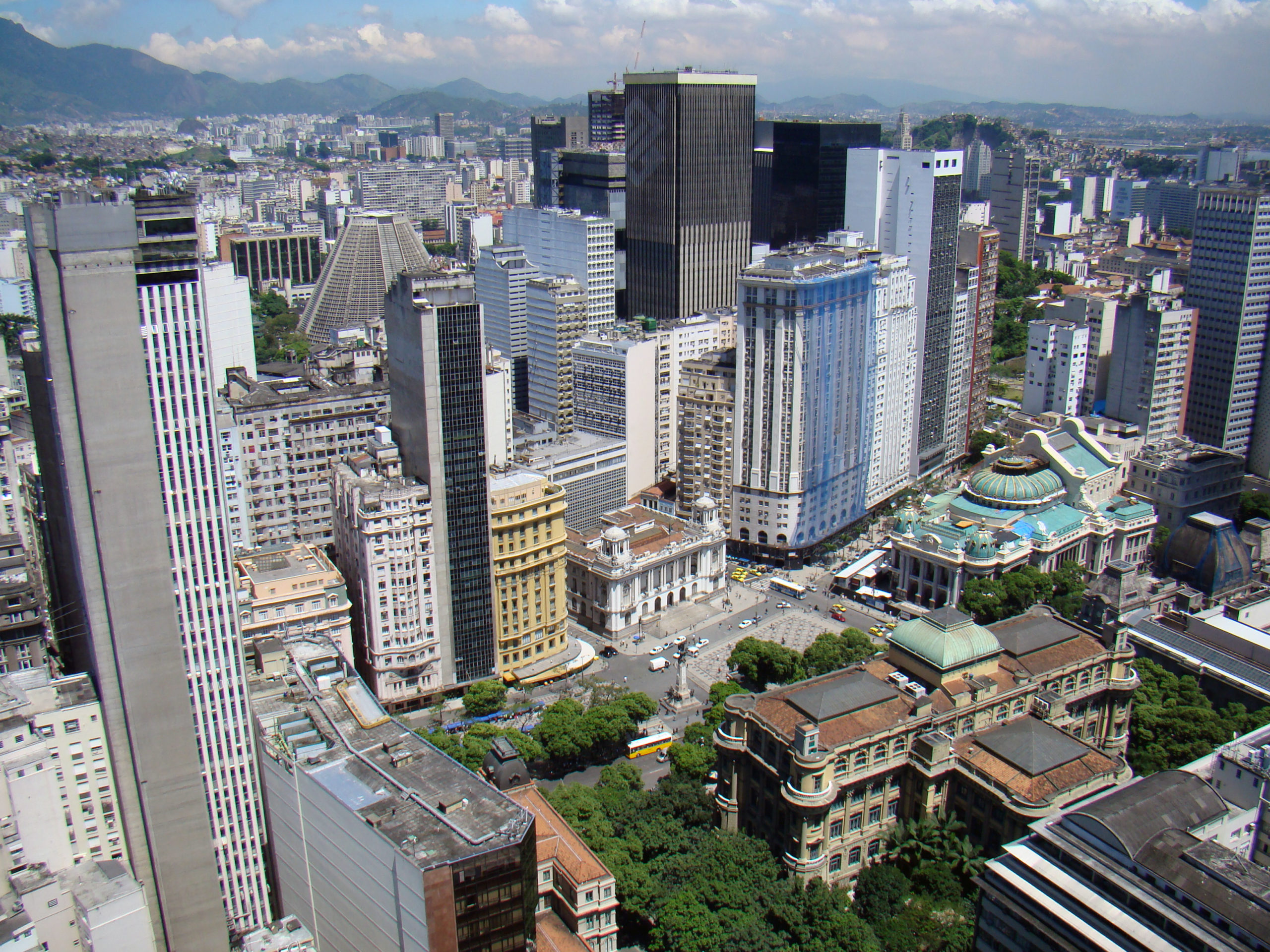RIO DE JANEIRO, BRAZIL – After selecting architect and urban planner Washington Fajardo to head the Municipal Department of Urban Planning, Rio de Janeiro‘s mayor elect Eduardo Paes, who will take office in January, has already begun to plan the revitalization of the city’s downtown area, which will be one of his administration’s priorities.
One of the flagships of the “reactivation” of downtown Rio will consist of transforming commercial properties into residential units, which must undergo a change in legislation in order to materialize.
“A city with no downtown is a city with no soul. The origin, not only of Rio but also of Brazil, lies in our downtown. Therefore, we are going to restore the soul of our city,” says Eduardo Paes.

According to Washington Fajardo, areas such as the neighborhood of Fátima and the Red Cross region, near bohemian Lapa, which are already inhabited, are evidence that downtown can be a great residential option, not only for business. In addition, other locations such as República Square, Tiradentes Square, and Sete de Setembro Street are also good alternatives, due to their listed historical properties which can be used as residences.
For Claudio Hermolin, president of the Association of Real Estate Market Managers (ADEMI), who approves the idea, downtown Rio has approximately 14,000 properties that can be used as residences or, at least, in combination with businesses.
An important issue in relation to Rio, which encompasses both the central region and the city as a whole, is urban mobility. The future municipal Secretary of Finance Pedro Paulo says that the sector will also be given special attention and will be reorganized.
“In terms of buses, it is possible to encourage the sector to invest without subsidies being granted. Entrepreneurs can be spurred to invest if clandestine transports are repressed. Partnerships can be made to rehabilitate the BRT (Bus Rapid Transit) stations. A new concession model is not discarded. The VLT (Light Rail Vehicle) can benefit by the large arrangement planned for downtown. We must reactivate the public-private partnership in the Port,” he says.
It is worth noting that the new deputy mayor of Downtown Rio will be Leonardo Pavão. In his opinion, the starting point for the revitalization is to attend the homeless population, and this will be handled jointly with the Secretariat of Social Assistance, which, in turn, will be headed by ex-federal deputy and city councilor Laura Carneiro.

